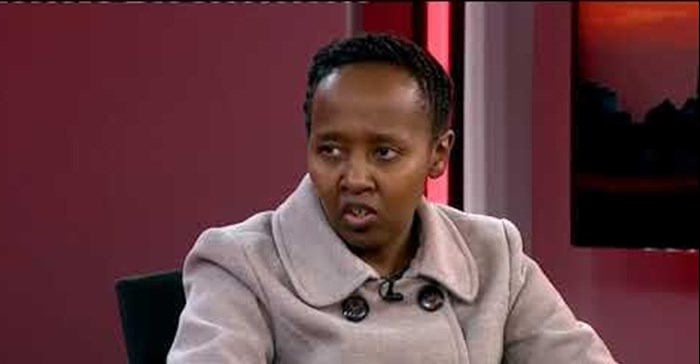
Top stories






More news











Logistics & Transport
Uganda plans new rail link to Tanzania for mineral export boost














“This is a crucial stage where businesses are afforded the opportunity to shape the future financial reporting landscape for SMEs,” says Bongeka Nodada, South African Institute of Chartered Accountants project director: financial reporting standards.
The IFRS for SMEs is a financial reporting standard aimed at small and medium-sized entities (SMEs) and enables users of financial statements (including lenders, creditors and investors) to assess the liquidity, solvency and financial performance of a business.
“As the upcoming review of IFRS for SMEs is imminent, SMEs applying IFRS for SMEs should start pondering how they can be involved in the consultation process to ensure that the final changes to the standard are fit-for-purpose,” adds Nodada.
“In this forthcoming review, SMEs will be requested to consider whether any of the new International Financial Reporting Standards (IFRSs) including IFRS 9 – Financial Instruments, IFRS 15 – Revenue from Contracts with Customers and IFRS 16 – Leases, should be incorporated in IFRS for SMEs. The requirements under IFRS 9, IFRS 15 and IFRS 16 are intended to improve the accounting for financial instruments (e.g. loans and debtors), revenue and leasing transactions. If incorporated in IFRS for SMEs, the requirements in IFRS 9, IFRS 15 and IFRS 16 could significantly impact a SME’s reported figures and could potentially have financial or business implications.
The changes could have an effect on IT systems, human resources, key leverage ratios, debt covenants and more. With these in mind, it is therefore imperative that SMEs express their voices during the consultation process which takes place later this year. This is to ensure that any changes made to the IFRS for SMEs not only improve financial reporting for SMEs but also simplify the requirements of the standard as well as ease the cost of applying it.
In the South African context, businesses that should be applying their minds on these pending changes to the IFRS for SMEs standard are companies and close corporations with a public interest score below 350, as determined in terms of the Companies Act 71 of 2008, that have opted to apply IFRS for SMEs and others that are not compelled to comply with a prescribed financial reporting framework but have elected to apply IFRS for SMEs,” concludes Nodada.